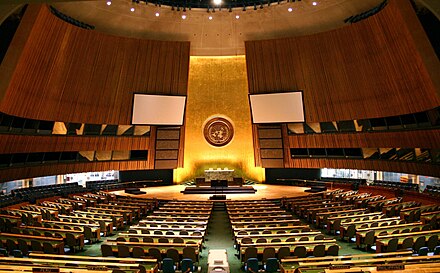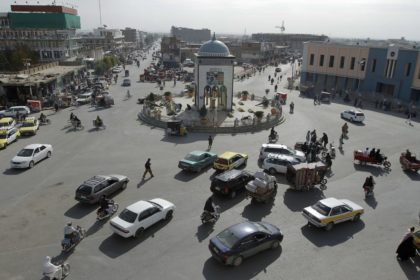RASC News Agency: Nasir Ahmad Faiq, Afghanistan’s representative at the Sixth Legal Committee of the United Nations General Assembly, called for the urgent recognition of gender apartheid through a new international convention. He argued that a global framework is now more crucial than ever to prevent and punish widespread human rights violations. Faiq emphasized the importance of addressing credible reports documenting extensive human rights abuses in Afghanistan, violations severe enough to qualify as crimes against humanity under international law.
Earlier attempts to initiate negotiations for a universal convention have seen mixed reactions. While many countries were prepared to move forward, some expressed reservations, citing lingering differences in perspectives. During the session, Mexico’s representative highlighted the need to end the cycle of inaction. Referring to draft articles endorsed by the International Law Commission in 2019, Mexico, The Gambia, and 86 other nations jointly proposed a resolution to convene a conference in 2026 to negotiate a convention on crimes against humanity.
Cape Verde’s representative, speaking on behalf of the Community of Portuguese Language Countries, emphasized that such a conference would allow nations to voice their concerns and draft a robust and inclusive convention. Peru’s delegate, representing several Latin American countries, stressed the absence of an international convention specifically focused on crimes against humanity, noting that addressing this legal gap is a moral and urgent responsibility.
Qatar’s representative argued that while national jurisdictions remain the best venue to prosecute these crimes, an international convention could still play a pivotal role in advancing international law. Spain’s representative pointed out that many countries still lack domestic legislation criminalizing such atrocities, arguing that a global convention could help fill this gap.
However, countries like Ireland insisted that the Sixth Committee had already sufficiently reviewed the draft articles and should now proceed with formalizing a convention. Conversely, others like Eritrea and Namibia raised concerns about the optional nature and perceived shortcomings of the draft.
Ultimately, The Gambia’s representative emphasized that only through negotiations could the draft articles’ deficiencies be addressed, thus enabling meaningful progress toward holding perpetrators of crimes against humanity accountable.






